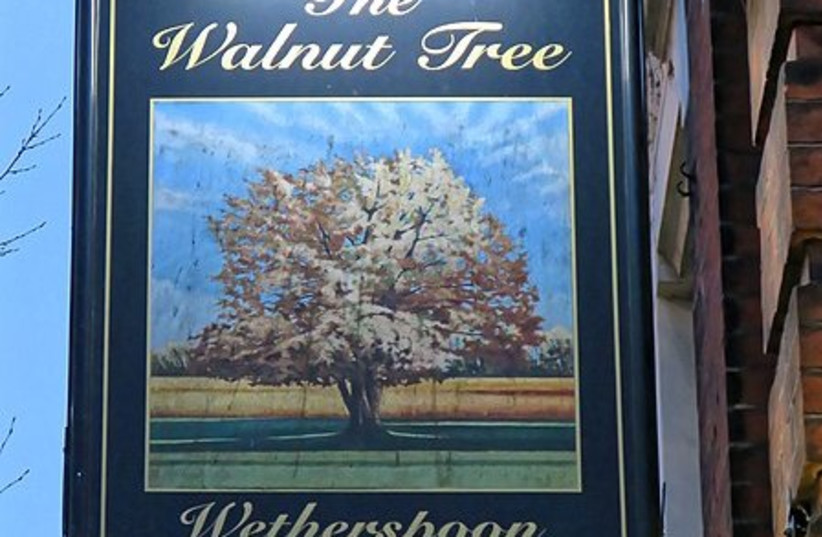Were medieval minstrels the original stand up comics?
Textual evidence of medieval minstrels is scarce and no minstrel’s manuscript has ever been recovered, however recent research shows that some fragments may have survived in a local aristocrat’s library.
The essay, published in the peer-reviewed The Review of English Studies, looks into the Heege Manuscript which contains the literary fragments.
The manuscript was studied previously more for its construction techniques as it is composed of several smaller booklets which were placed together in a larger book.
The discovery of the texts, which may have originated with a minstrel, comes 30 years after the publication of an essay claiming to debunk the myth of minstrel manuscripts. This does not refute such a claim entirely but does pose serious questions for the theory.
Richard Heege, for whom the eponymous manuscript is named, likely copied the text from a local minstrel’s manuscript. The minstrel was likely performing in an area of Derbyshire close to where the manuscript was found. This is further supported by the passage written by Heege, “By me, Richard Heege, because I was at that feast and did not have a drink.“
![The pub sign of The Walnut Tree, a Wetherspoon pub on High Road in Leytonstone, London, England. (credit: Wikimedia Commons) The pub sign of The Walnut Tree, a Wetherspoon pub on High Road in Leytonstone, London, England. (credit: Wikimedia Commons)]() The pub sign of The Walnut Tree, a Wetherspoon pub on High Road in Leytonstone, London, England. (credit: Wikimedia Commons)
The pub sign of The Walnut Tree, a Wetherspoon pub on High Road in Leytonstone, London, England. (credit: Wikimedia Commons)
 The pub sign of The Walnut Tree, a Wetherspoon pub on High Road in Leytonstone, London, England. (credit: Wikimedia Commons)
The pub sign of The Walnut Tree, a Wetherspoon pub on High Road in Leytonstone, London, England. (credit: Wikimedia Commons)For peasants, by peasants
The text itself is composed of three main stories and was likely performed in a crowded ale hall or other communal drinking establishment. The stories are mostly not descriptive and vague which suggests that they may have been performed at multiple venues around the area or even the country.
The texts poke fun at peasants and nobility alike suggesting that it may have been performed in areas where the classes mixed or were kept flexible to allow the performer space to work both in low- and high-brow environments. This supports the idea of minstrels traveling from town to town much like modern stand-up comedians.
Some of the text is very specific and references several villages in the same area, Derbyshire where the manuscript was found, these texts allude to local traditions and events suggesting that although a minstrel would travel from town to town he may have only stayed within a local beat visiting several villages within walking distance.
It’s likely that most minstrels were not professionals, but most were likely semi-professional working a regular day job and performing at night. This may explain the dearth of minstrel manuscripts, as lower class and less educated members of society their work, if it was written down, was unlikely to end up in the great libraries of lords and kings.





Comments are closed.